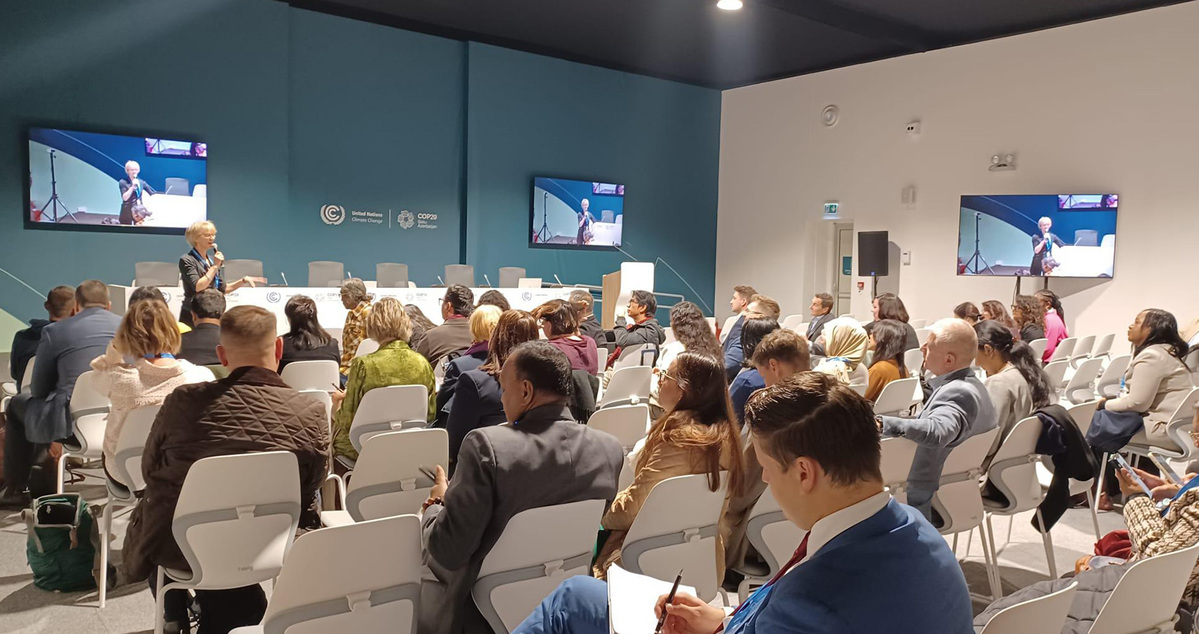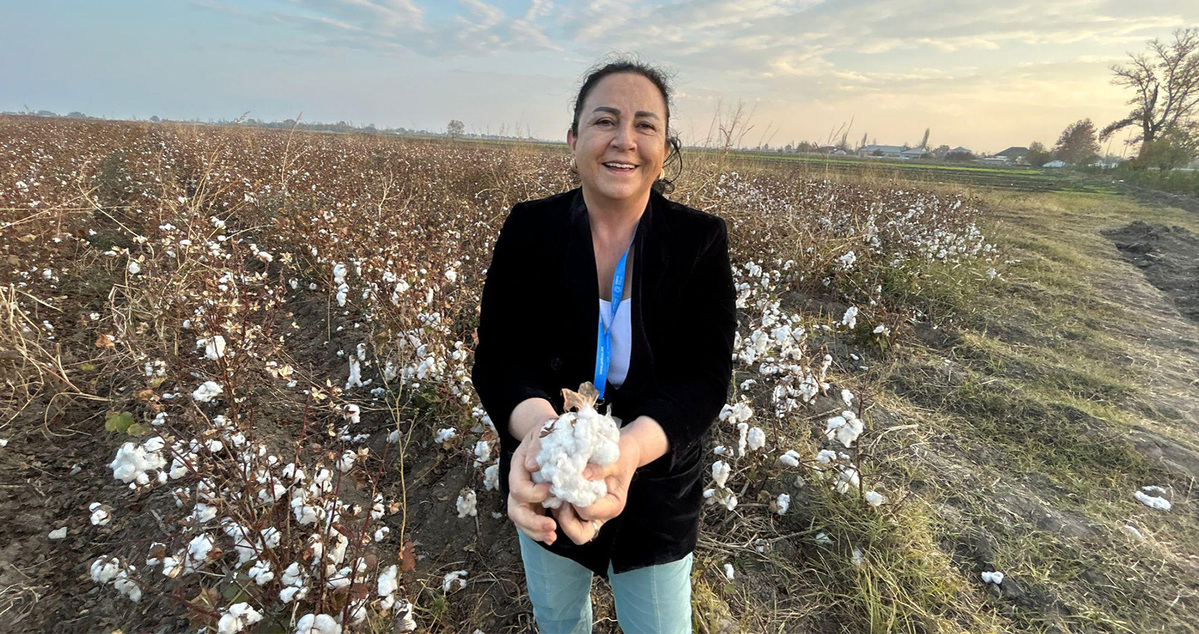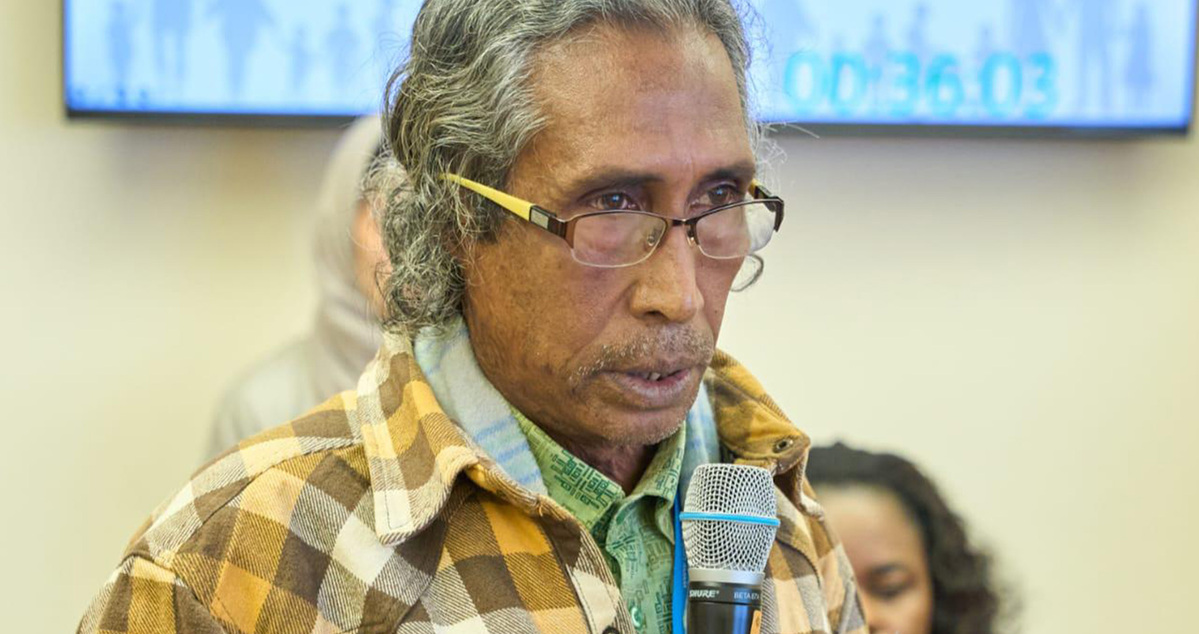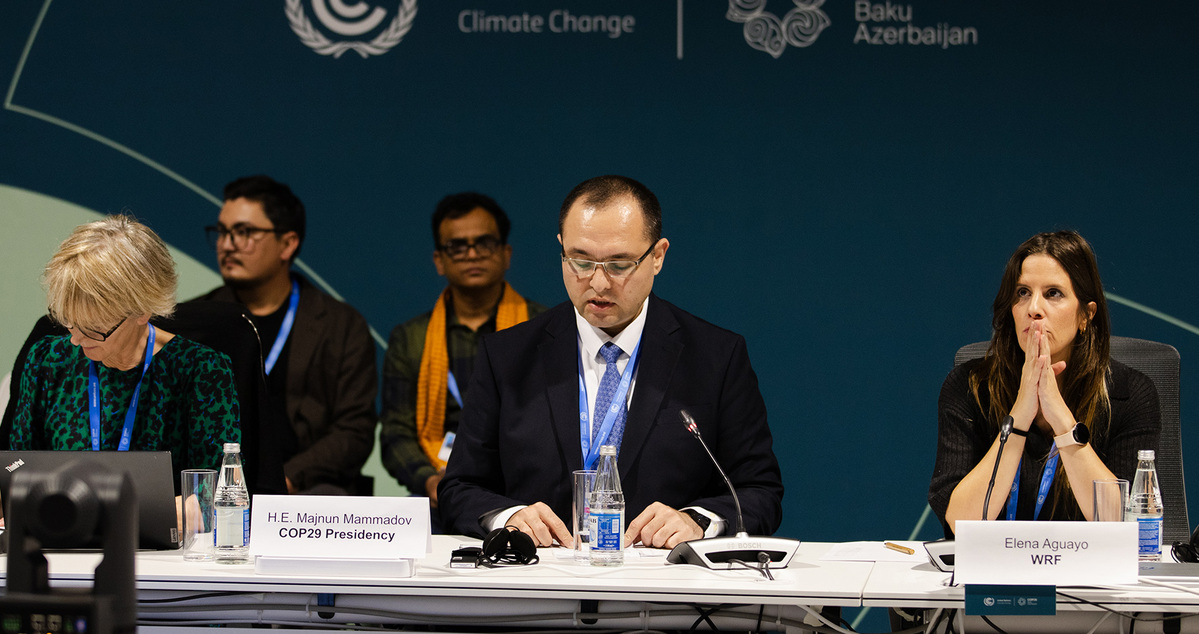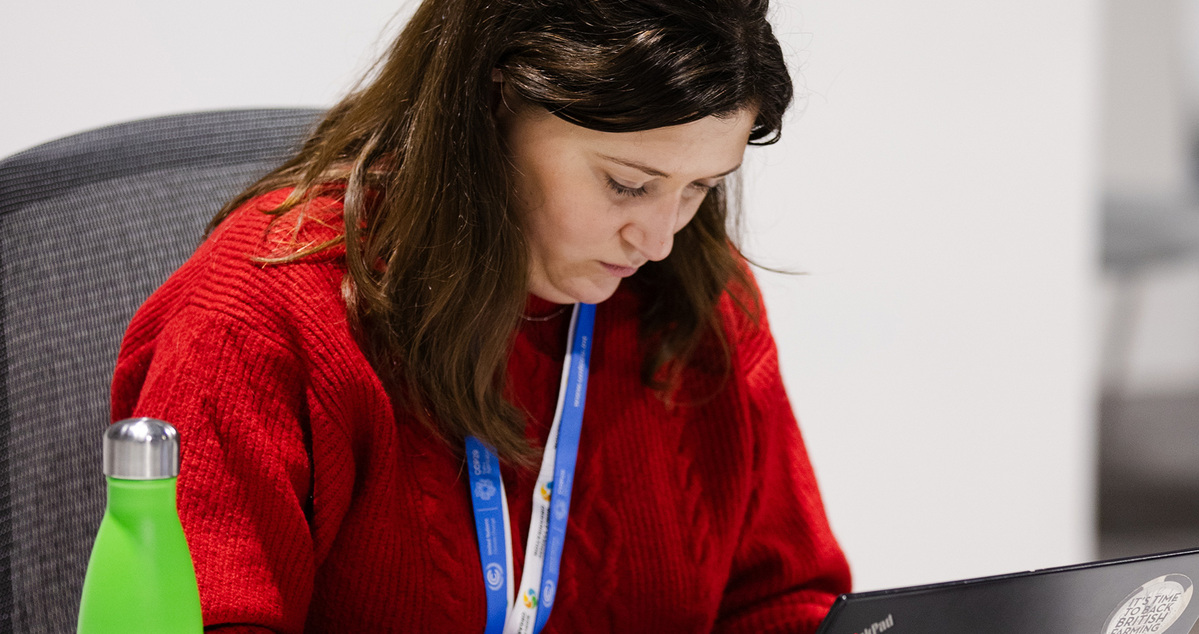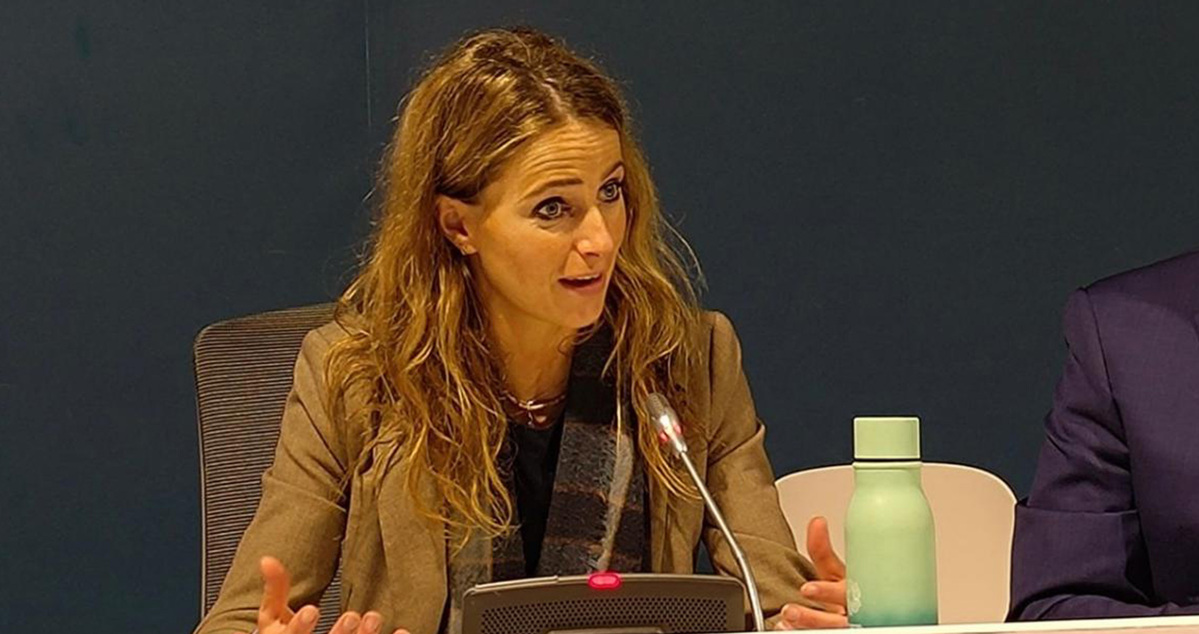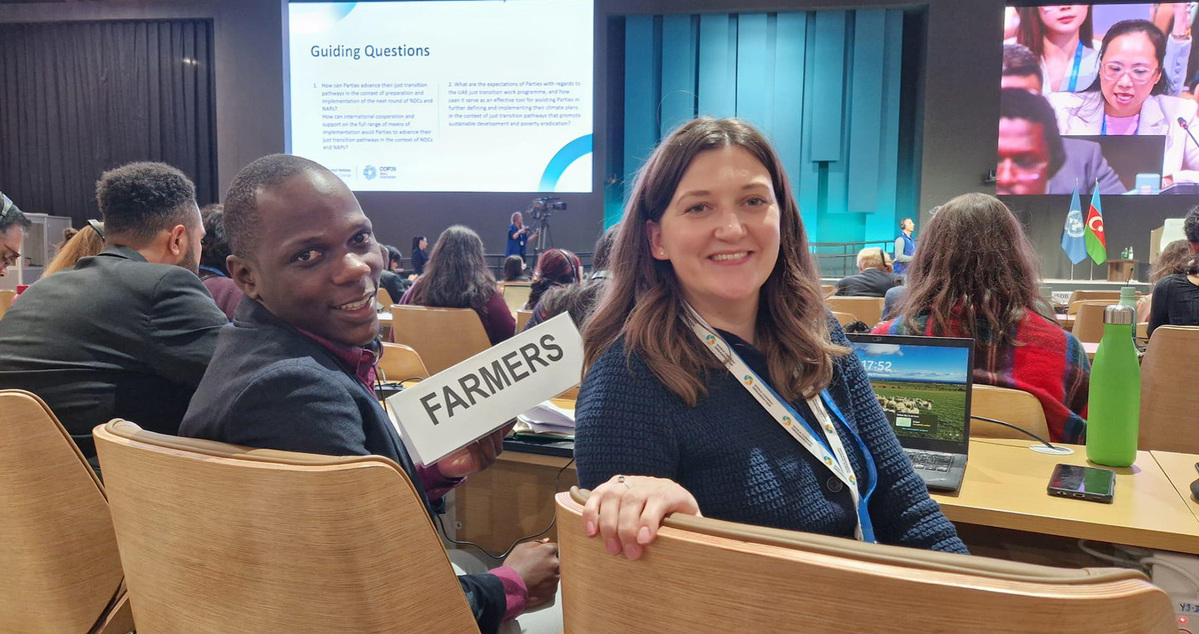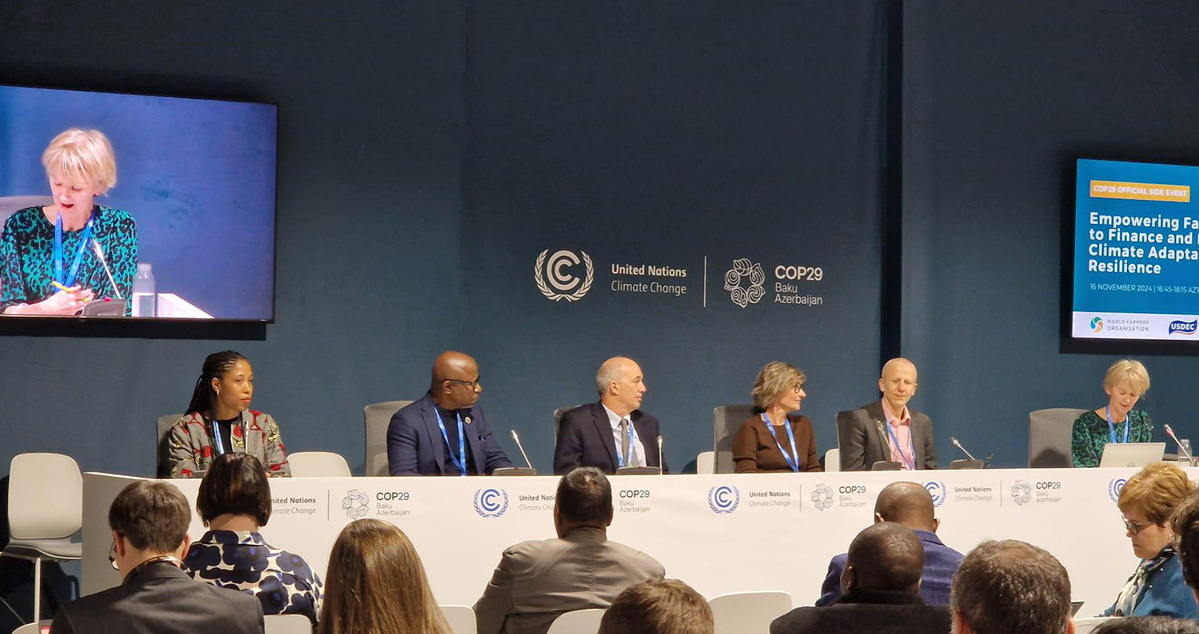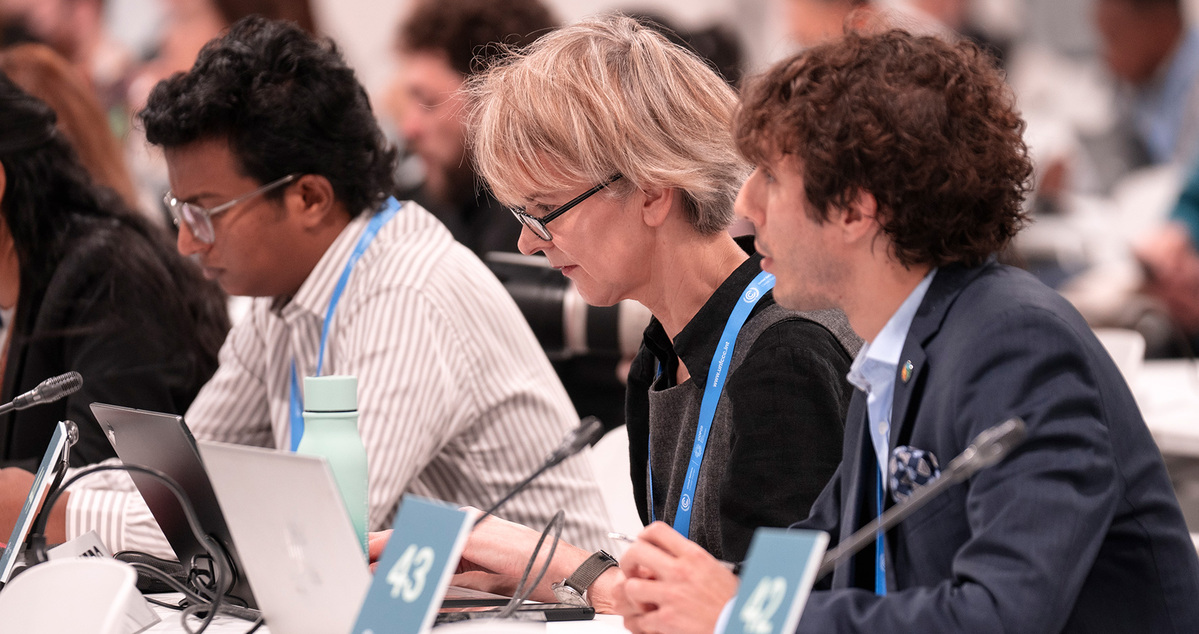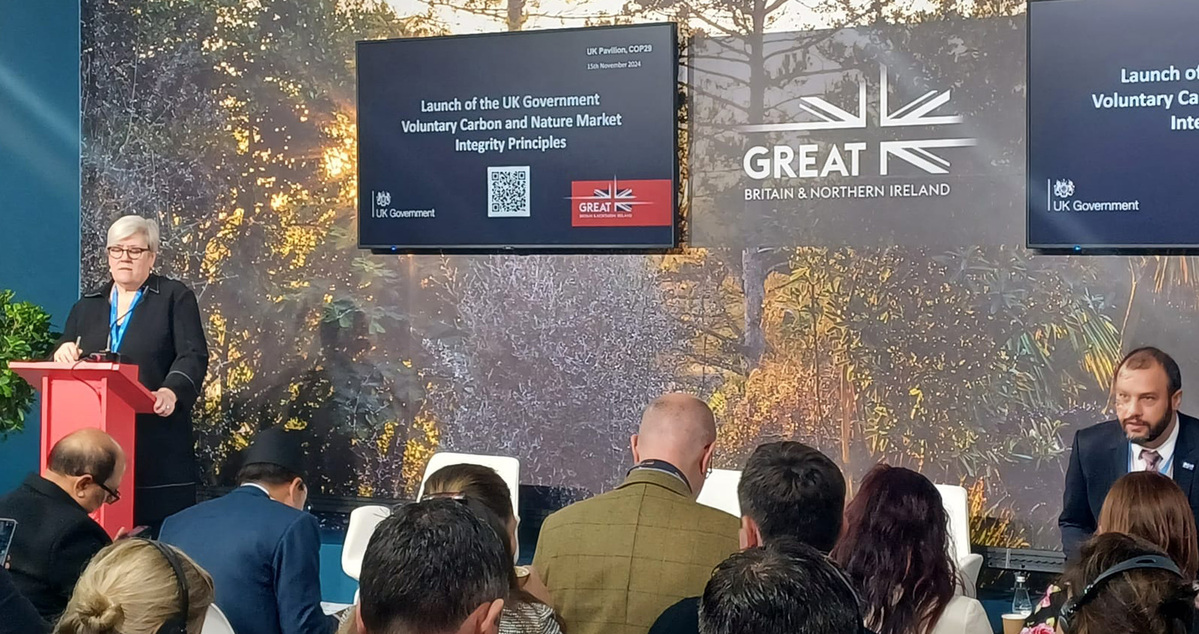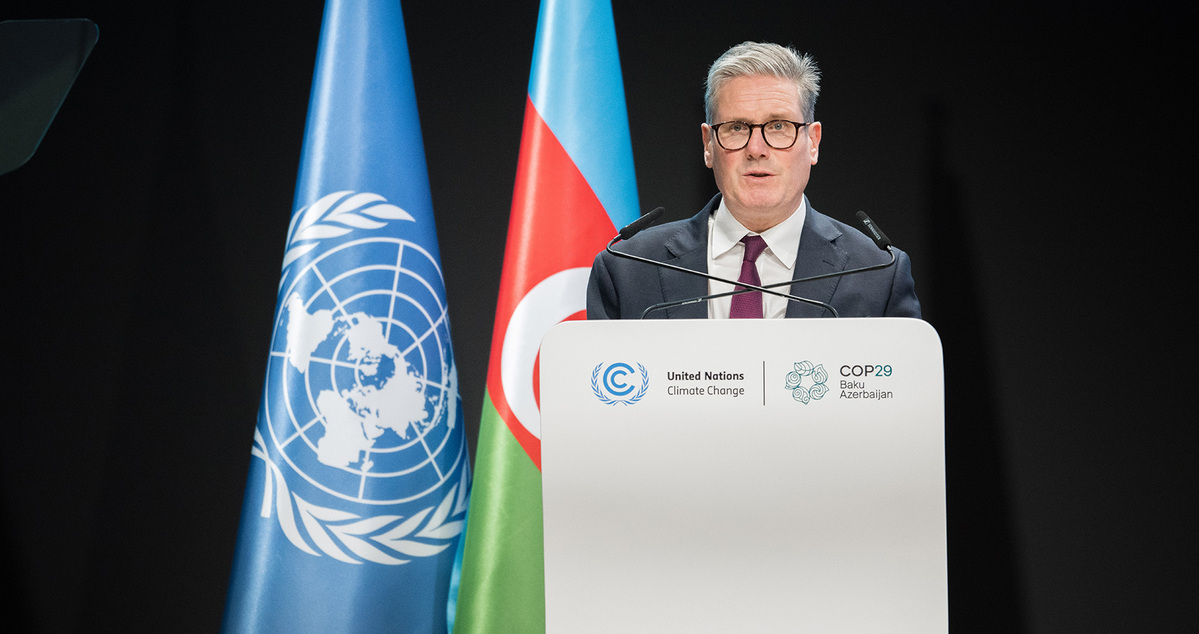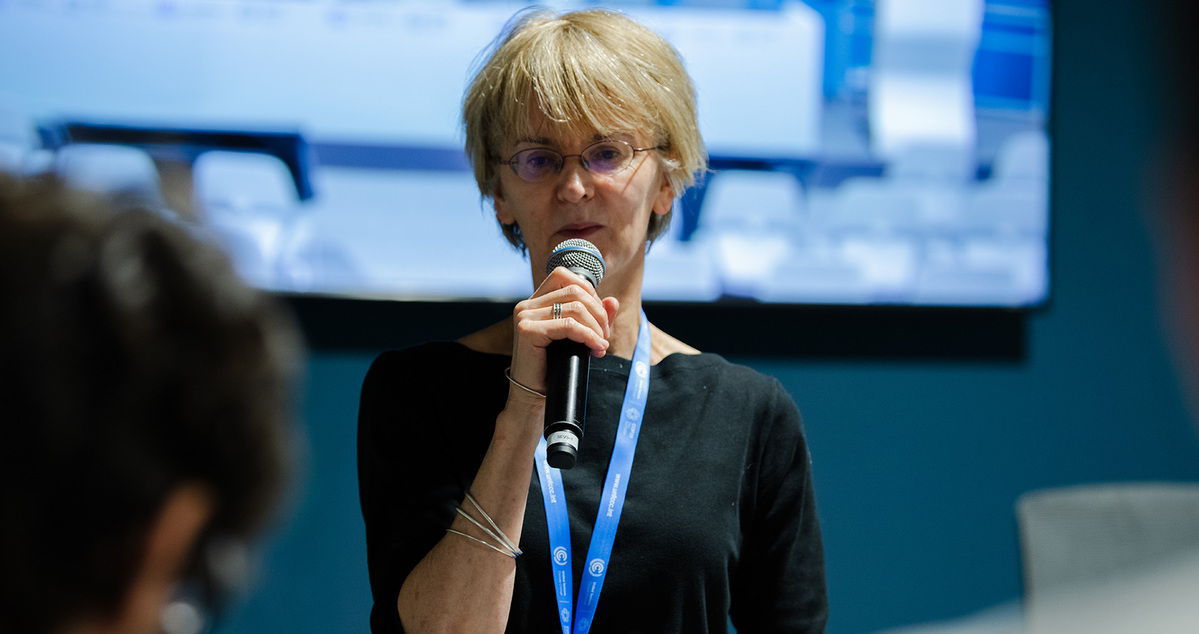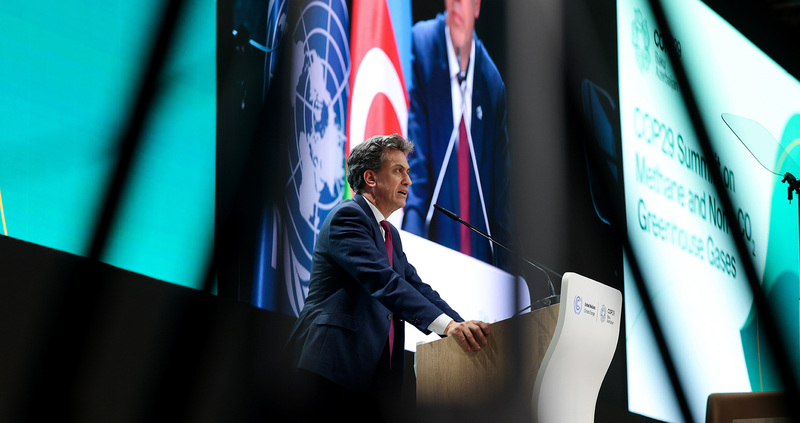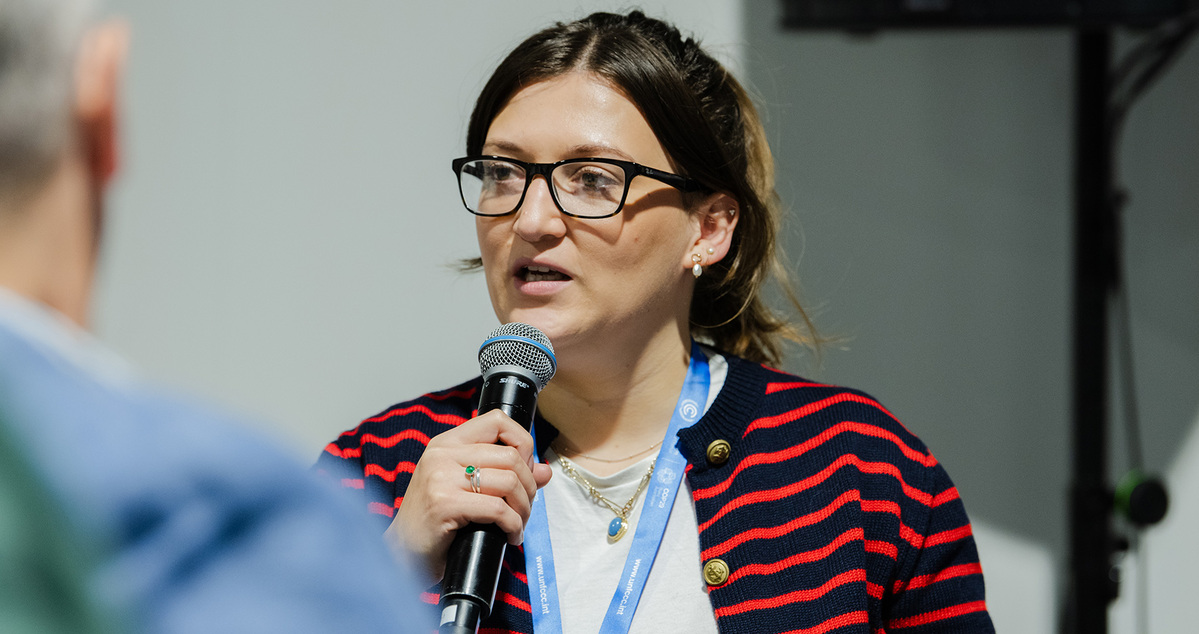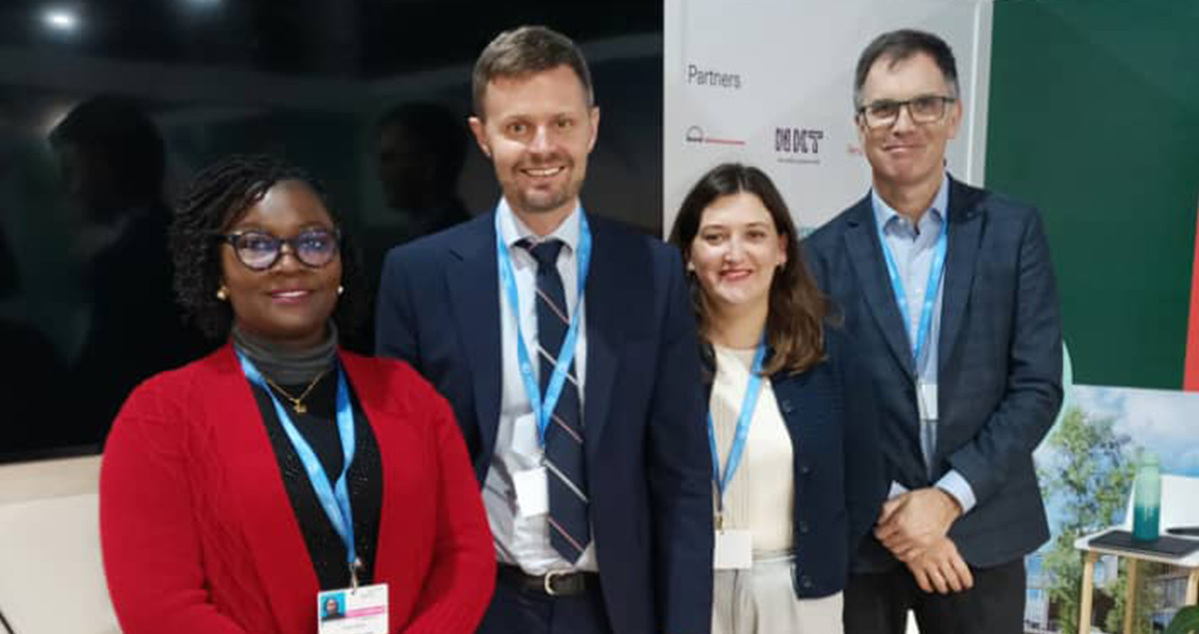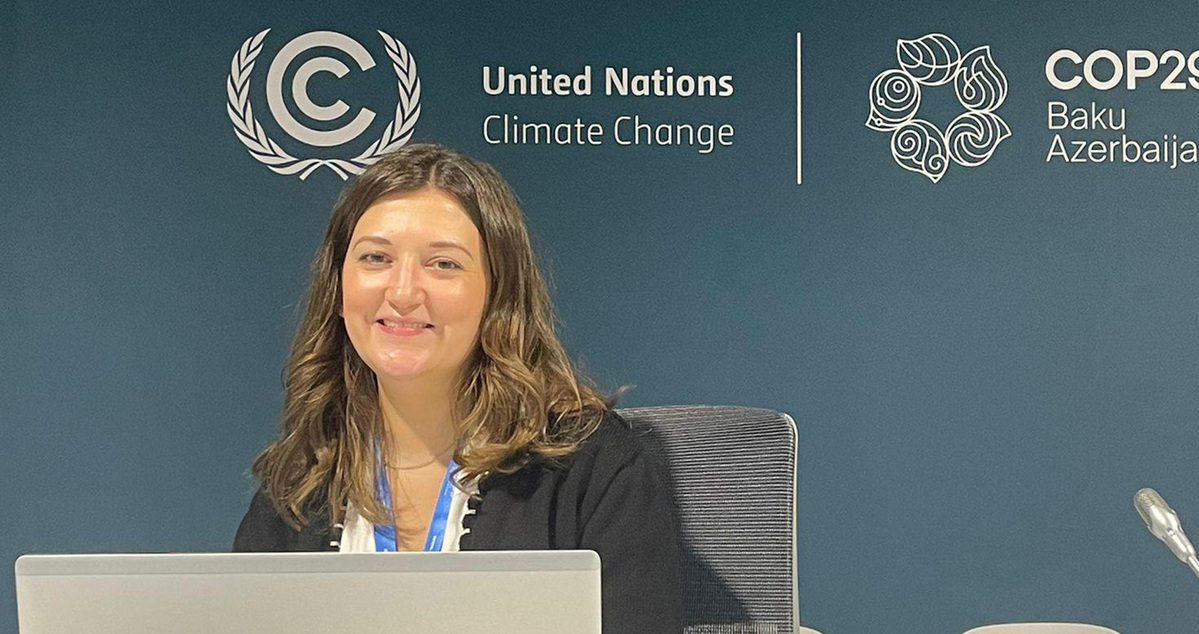Reporting by NFU renewable energy and climate change chief adviser Dr Jonathan Scurlock, NFU senior climate change adviser Dr Ceris Jones and British Agricultural Bureau senior European policy adviser Jenny Brunton.

Photograph: Associated Press / Alamy
Agreement on trebling climate finance to $300 billion was finally reached in the wee small hours of Sunday morning, after the COP29 international climate talks ran over by nearly a day and a half.
Reaction has been mixed, with many poorer and vulnerable countries considering this amount inadequate compared with the scale of current direct and indirect fossil fuel subsidies, but other observers have drawn strength from the many side agreements made in Baku (e.g. on ‘Article 6’ international trade in carbon removals) as well as past and continued progress with the global energy transition.
Negotiators had been poles apart since Thursday, when the COP Presidency convened a tense plenary session (or Qulturay, according to local custom) to gather feedback on its draft negotiation texts. Debate continued to rage, and it was indeed all about the money – how much (anywhere between $250bn and $1.3 trillion), and from whom (the higher figure including private sector finance as well as multilateral banks, etc.).
Delegates worked through both Friday and Saturday nights, with informal groups holding huddled fringe meetings in the corridors, and a staged walk-out by the poorer and more vulnerable nations, before finally COP President Mukhtar Babayev brought his gavel down on the principal “New Collective Quantified Goal” and a number of subsidiary texts.
What does this mean for farming?
The agreed finance goal had risen from $250bn to $300bn, accompanied by a planned roadmap to reach ‘at least’ $1.3 trillion for consideration at next year’s COP30 in Belem, Brazil, as well as an intended review of the $300bn figure in 2030.
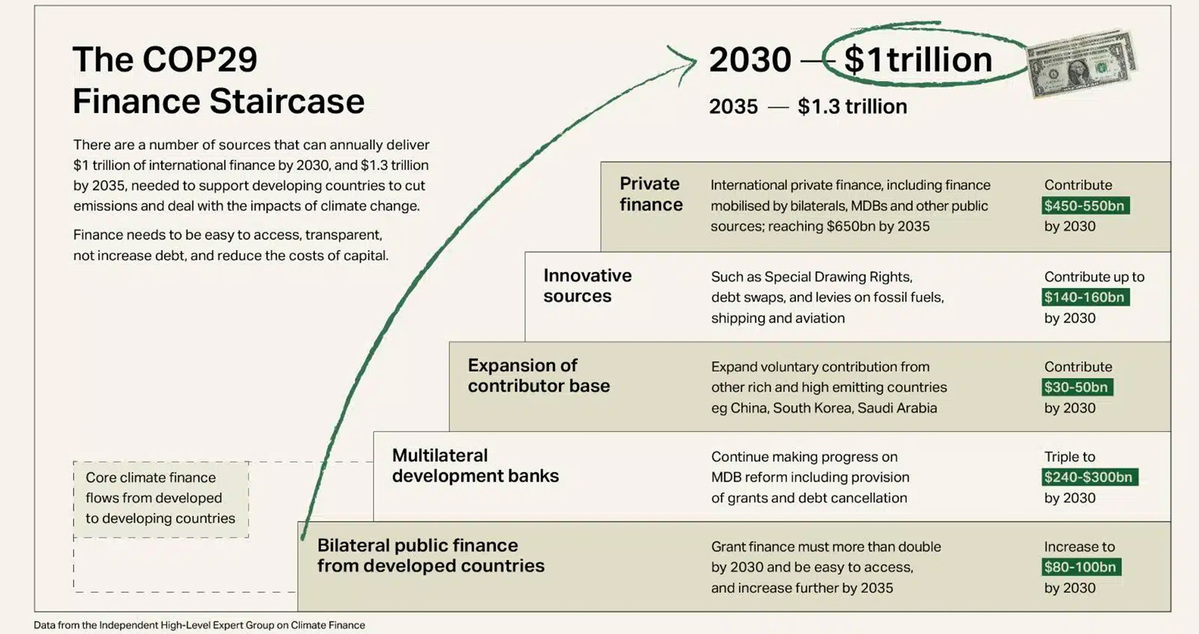
Source: this graphic is based on the IHLEG report on climate finance and was created by the content team at UNCS.
Funds are expected to help developing countries invest in renewable energy and prepare for the impacts of the changing climate. But, after the customary standing ovation and congratulatory handshakes, there were a series of angry interventions from the floor of the closing plenary, led by India – which rejected the rushed approval, calling the agreement an “optical illusion” and complaining that due process had not been followed.
While the international Farmers’ Constituency was disappointed that the word ‘farmers’ did not feature among other climate-vulnerable groups mentioned in paragraph 26 of the agreement, we were pleased that the aim of the text stated in paragraph 1 “does not threaten food production”.
It is also gratifying that COP29 finally concluded the carbon trading rules originally set out in the 2015 Paris Agreement.
Farmers across the world will want to make sure that carbon markets prioritise farmers’ rights, consider the diversity of farm systems and actually work for farmers in practice.



